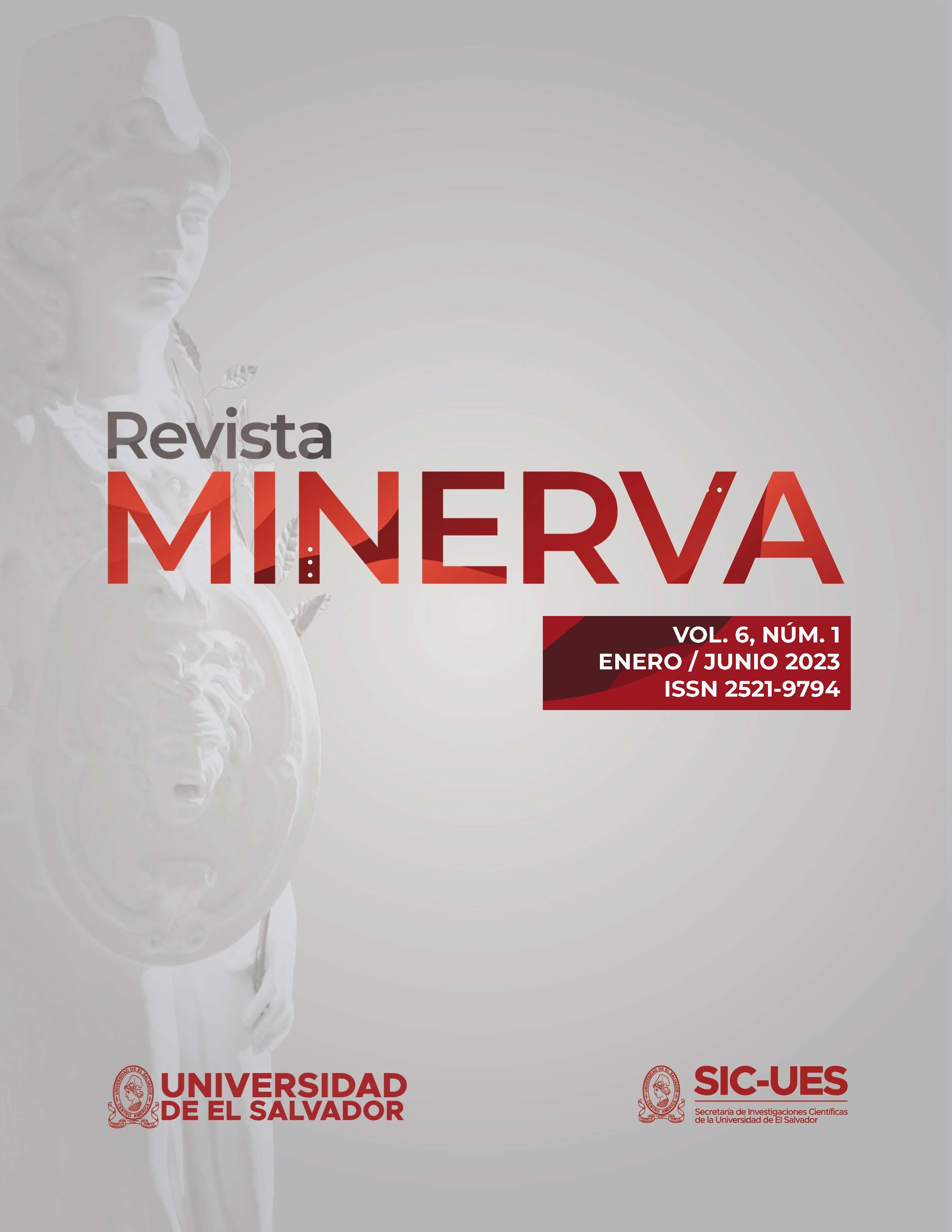Work satisfaction. Case study in the Provincial Delegation of Agriculture in Santiago de Cuba
DOI:
https://doi.org/10.5377/revminerva.v6i1.16418Keywords:
recursos humanos, gestión del cambio organizacional, satisfacción laboral, motivación personal, cambio planeadoAbstract
The management of Human Resources (RR.HH.), constitutes a system whose essential condition is to conceive man within the organization as a resource, which must be optimized based on a renewed, dynamic and competitive concept, in which an effective interaction between the social and the economic is oriented and affirmed. Starting from this concept, the present investigation arises, with the fundamental objective of determining the existing causes that originate low job satisfaction in the Provincial Delegation of the Ministry of Agriculture in Santiago de Cuba, to promote a favorable behavior in the conduct of its workers. For this, the Kurt Lewin Planned Change Model methodology was used, as well as empirical methods such as documentary and bibliographic analysis, expert consultation and participant observation, which allowed a diagnosis of the real situation that the company has. organization to determine the possible solutions and the managers of the projected change, in order to gain effectiveness in the development of the action plans. As a result, job satisfaction was evaluated, proposing a change action plan in the Provincial Delegation of Agriculture in Santiago de Cuba, which favors job satisfaction.
175


